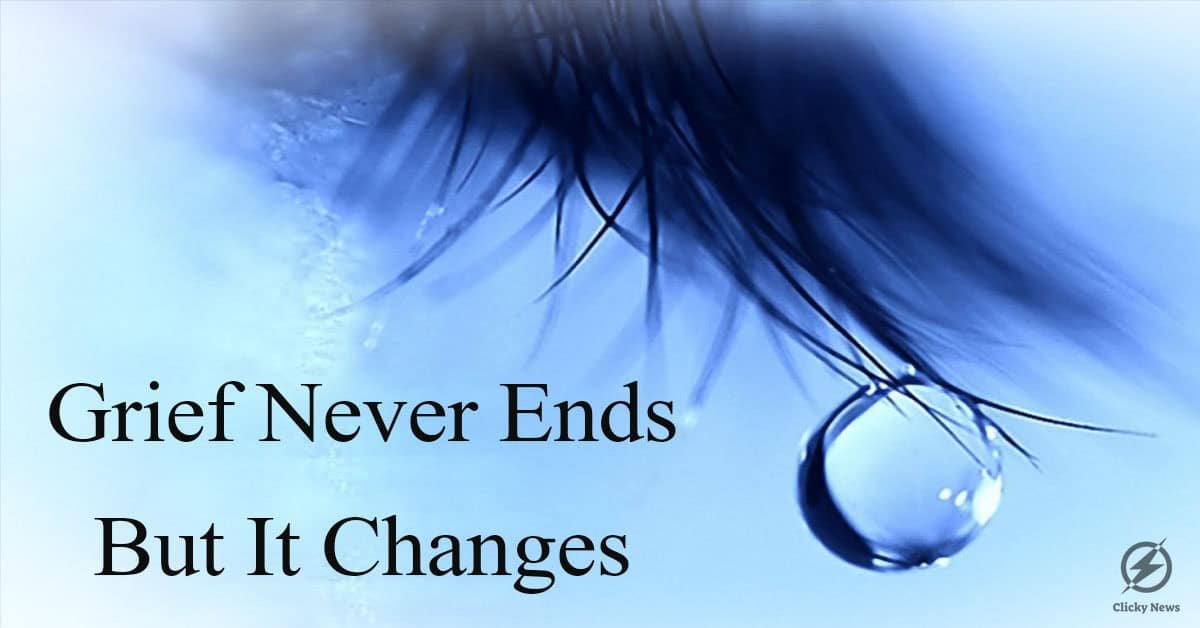“Grief never ends but it changes. It is a passage, not a place to stay. Grief is neither a sign of weakness nor a lack of faith. It is a price of love.”
Grief is a type of trauma with far-reaching, disruptive, and perplexing consequences. Among the psychological symptoms of mourning, which might include amnesia and a form of “stepping outside of oneself” or dissociation, the loss of personal identity appears to be the most challenging.
Grieving is a normal reaction to loss. It refers to the emotional pain you experience when something or someone you care about is taken away. The agony of loss can be unbearable at times. You may feel various challenging and unexpected feelings, from shock or rage to disbelief, remorse, and deep sadness.

Grieving is an inevitable process that requires time. Healing occurs gradually; it cannot be forced or rushed, and there is no standard timeline for grieving. While some people recover in a matter of weeks, others may need months or even years. For others, the grieving process lasts for years. It’s important to be kind to yourself and let your mourning process unfold naturally, no matter how it does.
When you’re mourning, you need to take care of yourself more than ever. The stress of a severe loss can swiftly sap your energy and emotional reserves.
It can be helpful to discuss your sentiments with friends and family during grieving. Joining a support group is another option you may want to consider. Healthcare providers and caregiver organizations can recommend appropriate groups.
Grief is an emotion that never goes away, you must learn to cope with loss in your life. Grief is never-ending, but it does change. It is a passageway, not a place to stay forever. Grief is neither a sign of weakness nor a loss of faith. It is the cost of love.
